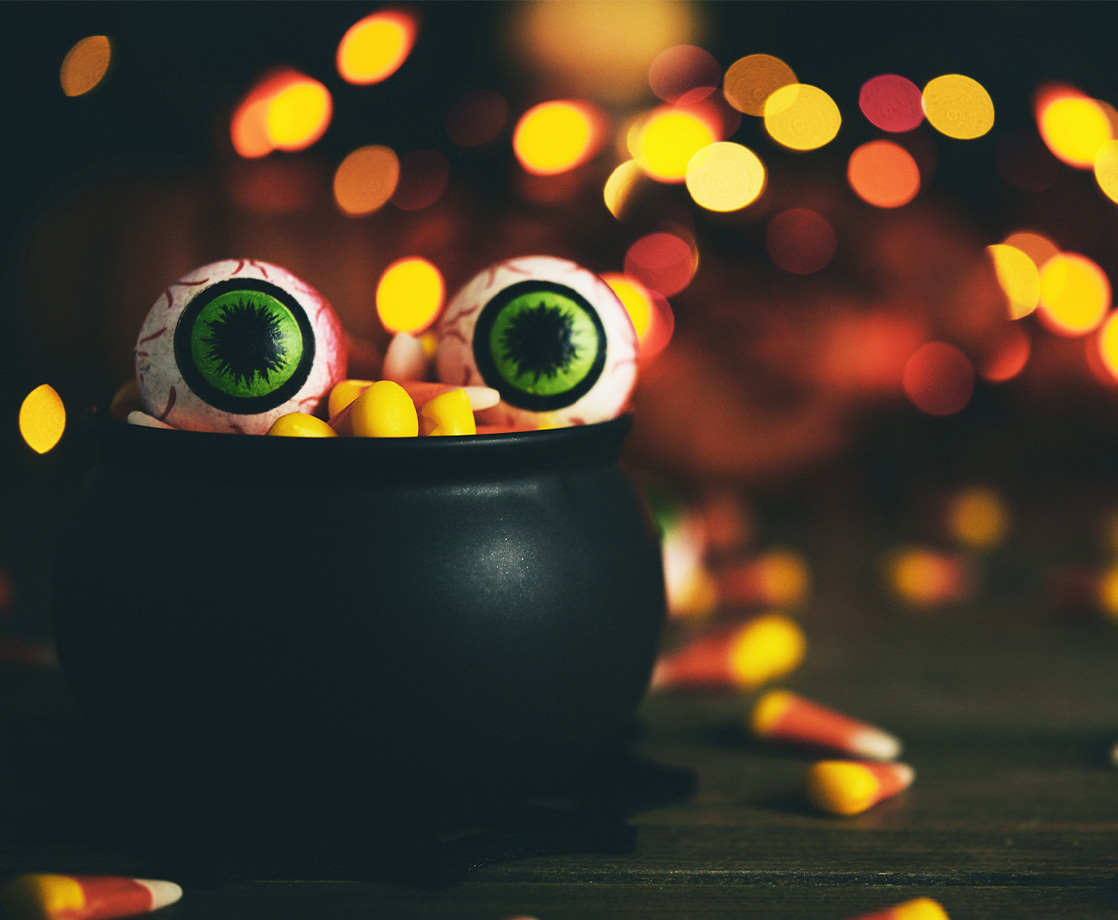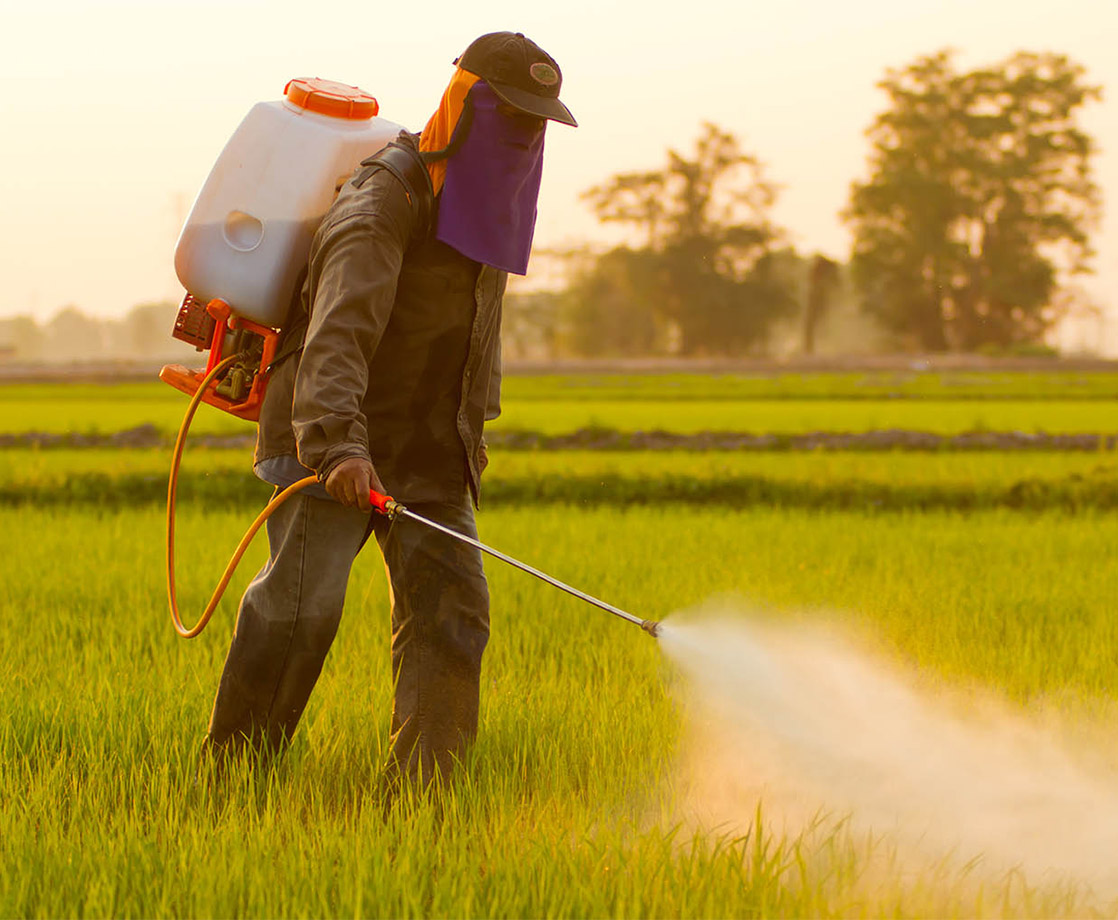It’s October, and you know what that means: It’s time for the annual scare-campaign where parents are made to believe that strangers want to give their kids weed-infused candy. And now that the entire nation of Canada has legal weed, its authorities are issuing the same warning this year, too.
The irony, of course, is that Canada still hasn’t launched legal sales of weed-infused edibles. That’s not coming until December. So, essentially, Canada is warning parents against kids getting unwrapped, unpackaged foods on Halloween, which kids shouldn’t be accepting anyway.
“In a time when more cannabis is more widely available overall, emergency medicine physicians should remain vigilant for acute presentations of cannabis exposure in pediatric patients,” said Dr. Jean Klig, a pediatrician at MassGeneral Hospital for Children and a professor at Harvard Medical School to the Toronto Sun. “All cases of accidental cannabis exposure in children should be evaluated by child protection services.”
This Halloween fear-mongering has become a new tradition in US states with legal weed. For years, billboards and news stories from Colorado to Washington State and California have warned parents against bad people slipping THC-infused candies into their kids’ trick-or-treat bags. But, to date, this concern is largely unfounded. Kids receiving weed candy on Halloween is so incredibly rare it’s practically an urban myth.
In fact, kids receiving any kind of laced or poisoned candy on Halloween — THC-infused or otherwise — has been one of the most persistent myths in modern Western history. For the past 30 years, Joel Best, a sociology and criminology professor at the University of Delaware, has studied this poisoned candy scare, a phenomenon he calls “Halloween sadism.” He’s even written books about it.
But Best is wary of calling laced Halloween candy a “myth.” He prefers another term.
Gallery — Edibles That Look Like Real Food Products:
“Reporters like the word ‘myth’ because it’s only four letters long,” he told VICE in 2016, “but folklorists prefer to say ‘legend.’ A legend doesn’t mean that something is false; a legend means that it’s mostly communicated informally.”
Why would Best refer to the weed-candy scare as a “legend” rather than as a “myth?” Probably because there have been a few isolated cases of people finding things like needles, razor blades, or even rat poison in Halloween candy. Just as there have been a handful of cases of kids getting weed candy on the same holiday.
For instance, last year, a young girl was hospitalized in Nevada after supposedly eating a weed candy someone placed into her trick-or-treat bag. The year before that, a group of kids got sick in Arizona after allegedly plucking weed-laced Halloween candy out of a bowl provided by local school officials (another student supposedly snuck the weed candies into the bowl). And the year prior to the Arizona incident, parents in Illinois discovered marijuana edibles in their kid’s trick-or-treat bag.
But these incidences are incredibly rare. While it’s true that there may be some assholes out there tossing drugs into your kid’s candy bags, and it’s every parent’s diligent duty to inspect those candies for foul play, there are much bigger dangers to kids out there than THC gummies.
For example, one of the biggest kid-killers on Halloween isn’t pedophiles, homicidal slasher maniacs, or weed edibles. It’s drunk drivers. In fact, Halloween is one of the busiest days of the year for bad drivers to plow through innocent bystanders, particularly little children who are trick-or-treating. Yet, where are the news stories warning parents against drunk or hazardous drivers? Why don’t hazardous drivers on Halloween get the same media fanfare that weed edibles do?
Best suggests that law enforcement, the media, and the public-at-large gobble up the Halloween weed-candy scare because it appeals to our feelings of self-control. Real dangers such as nuclear war, climate change, and mass shootings are out of our control; we can’t do anything about them. But we can do something about weed candy.
“It’s the greatest thing in the world you can be afraid of because you only have to be afraid of it for one night a year,” he told VICE. “You know, maybe there’s somebody down the block who’s so crazy that he poisons little children at random, but he only does it one night a year. Throughout the rest of the year, he’s normal.”
But Best also believes the appeal has no real basis in reality, hence why it’s a “legend” and not an actual concern of his. “I was laughing with some friends of mine who have a great deal of drug experience,” he added, “and they were saying, ‘Oh yeah, that’s just the way pot dealers think. I have a big pile of marijuana, so I think I’ll give it away to children.'”
Follow Randy Robinson on Twitter











